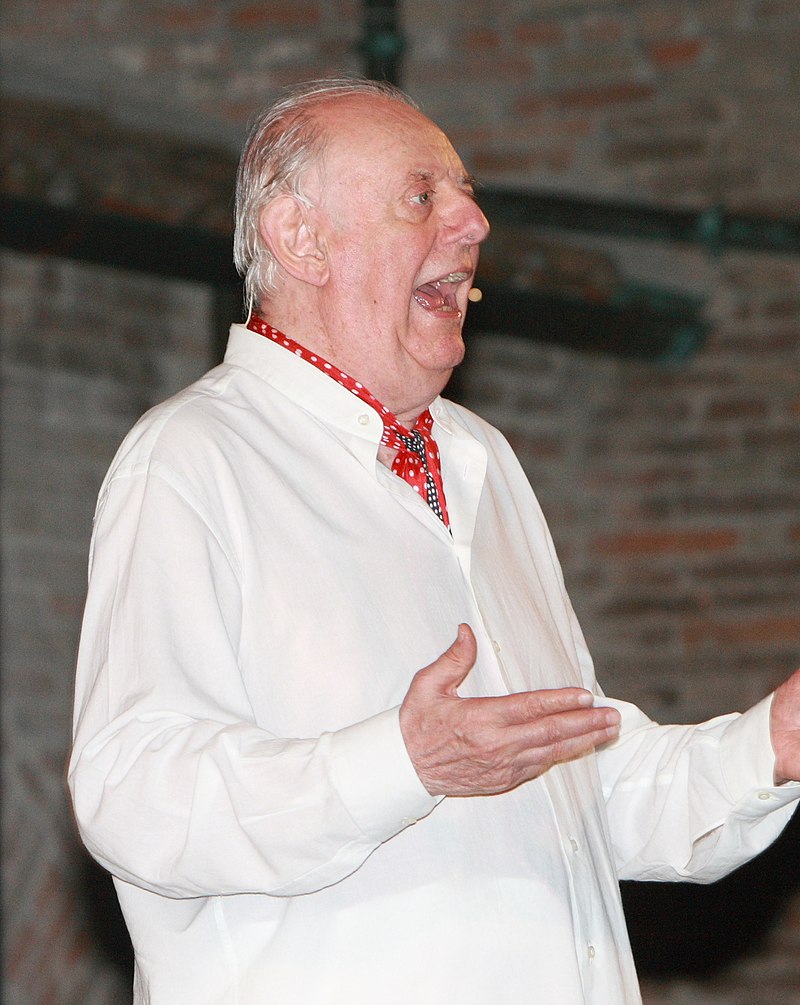October 17, 2016
by Neelima
0 comments
At the BYOB Party in September, we dealt with autobiography and sci-fi. Now for a bit of self-help and fiction.
 Rajeev Moothedath is an HR professional and author of the book Straight from the Heart. The book he talked about is Ashwin Sanghi’s first non-fiction book 13 Steps to Bloody Good Luck. Sanghi believes that there is one percent of what is called bloody luck and it turns out that luck is created by other factors like recognition and response. Sanghi has a business background himself and probably did not anticipate being a bestseller author in India. His book is a collection of anecdotes and some simple guidelines in the line of self-help.
Rajeev Moothedath is an HR professional and author of the book Straight from the Heart. The book he talked about is Ashwin Sanghi’s first non-fiction book 13 Steps to Bloody Good Luck. Sanghi believes that there is one percent of what is called bloody luck and it turns out that luck is created by other factors like recognition and response. Sanghi has a business background himself and probably did not anticipate being a bestseller author in India. His book is a collection of anecdotes and some simple guidelines in the line of self-help.
Pramit Pratim Ghosh who holds the distinction of having been president of Toastmaster’s International had a tough time choosing between two books that he wanted to talk about. He finally settled on Atlas Shrugged by Ayn Rand.
 The book was Ayn Rand’s last book and her longest. This story is set in the US in an unspecified future time. The protagonist Danny Taggart is the Operating VP of a railway company. Rearden is a steel magnate and John Galt, Taggart’s love interest and the hero of the book.
The book was Ayn Rand’s last book and her longest. This story is set in the US in an unspecified future time. The protagonist Danny Taggart is the Operating VP of a railway company. Rearden is a steel magnate and John Galt, Taggart’s love interest and the hero of the book.
“There are two kinds of people- the capable ones or the prime movers and those who are not capable but get ahead by treading on other’s toes,” Pratim said. In the story, corruption prevents any real progress. When skillful people disappear one by one, Danny Taggart goes in search of them only to find herself in a utopia where creativity is rewarded and not shunned. This book expands on Ayn Rand’s own philosophy of Objectivism where Rand promotes selfishness as a virtue and calls altruism evil. If everyone works towards their own benefit, the world would be a happier place. Her work is a Bible for Capitalists. To understand her philosophy, a visit to this link would be a good idea: https://www.aynrand.org/ideas/overview.
 Jaya got a book called The Light of his Clan by a contemporary author Chetan Raj Shrestha. The story is about Kuldeep Chandanth, an ex-Minister of the Sikkim government, whose power is fast becoming a thing of the past. The narration is matter of fact and tongue in cheek. The sense of entitlement that Chandanth has and the subtle satire that runs throughout the book makes it worth a read. The beauty of the book lies in the fact that Sikkim is the backdrop, without any obvious saying so. The journey traced is one of every politician from the heyday of his power to the unpleasantness of fading away.
Jaya got a book called The Light of his Clan by a contemporary author Chetan Raj Shrestha. The story is about Kuldeep Chandanth, an ex-Minister of the Sikkim government, whose power is fast becoming a thing of the past. The narration is matter of fact and tongue in cheek. The sense of entitlement that Chandanth has and the subtle satire that runs throughout the book makes it worth a read. The beauty of the book lies in the fact that Sikkim is the backdrop, without any obvious saying so. The journey traced is one of every politician from the heyday of his power to the unpleasantness of fading away.
Some books about politics like P.V.Narasimha Rao’s The Insider and Through the Corridors of Power by P.C.Alexander also came to mind.
More books in Part 5.







 Pujan got a non-fiction book called WWII
Pujan got a non-fiction book called WWII  Sunny, the host of the party, got a book called
Sunny, the host of the party, got a book called 





 Rajeev Moothedath is an HR professional and author of the book
Rajeev Moothedath is an HR professional and author of the book  The book was Ayn Rand’s last book and her longest. This story is set in the US in an unspecified future time. The protagonist Danny Taggart is the Operating VP of a railway company. Rearden is a steel magnate and John Galt, Taggart’s love interest and the hero of the book.
The book was Ayn Rand’s last book and her longest. This story is set in the US in an unspecified future time. The protagonist Danny Taggart is the Operating VP of a railway company. Rearden is a steel magnate and John Galt, Taggart’s love interest and the hero of the book. Jaya got a book called
Jaya got a book called 





